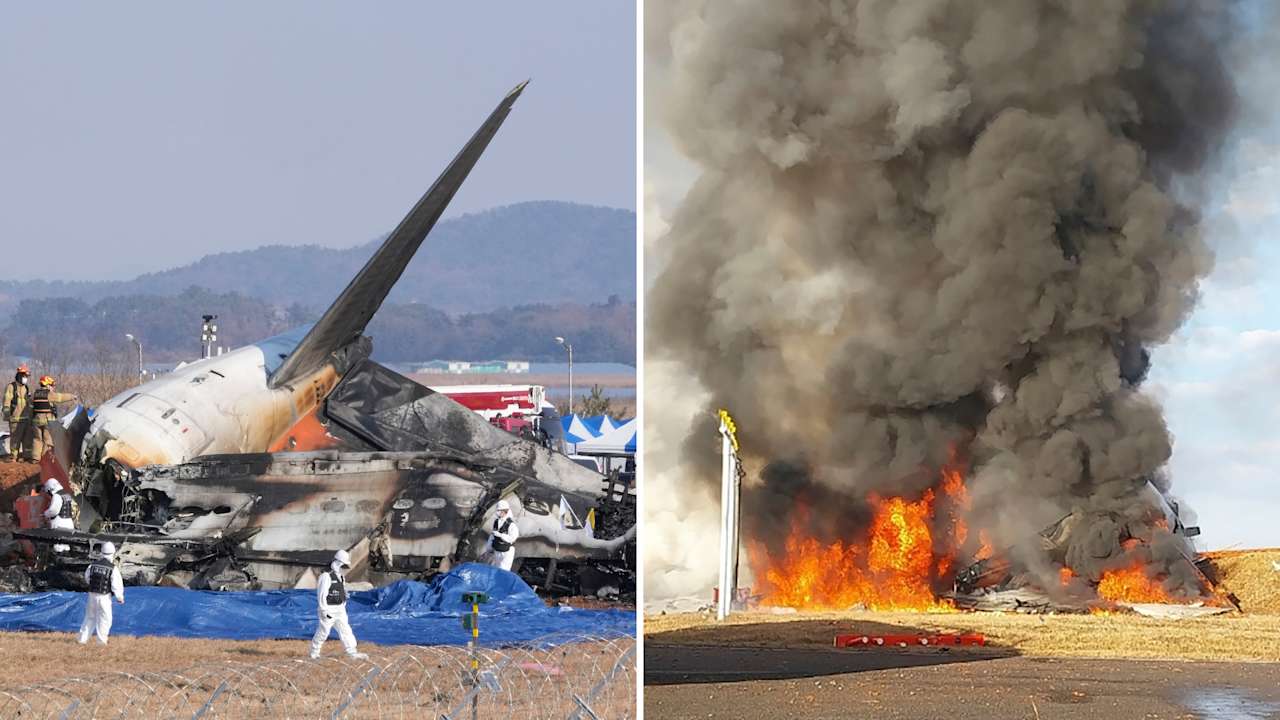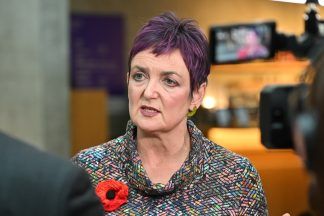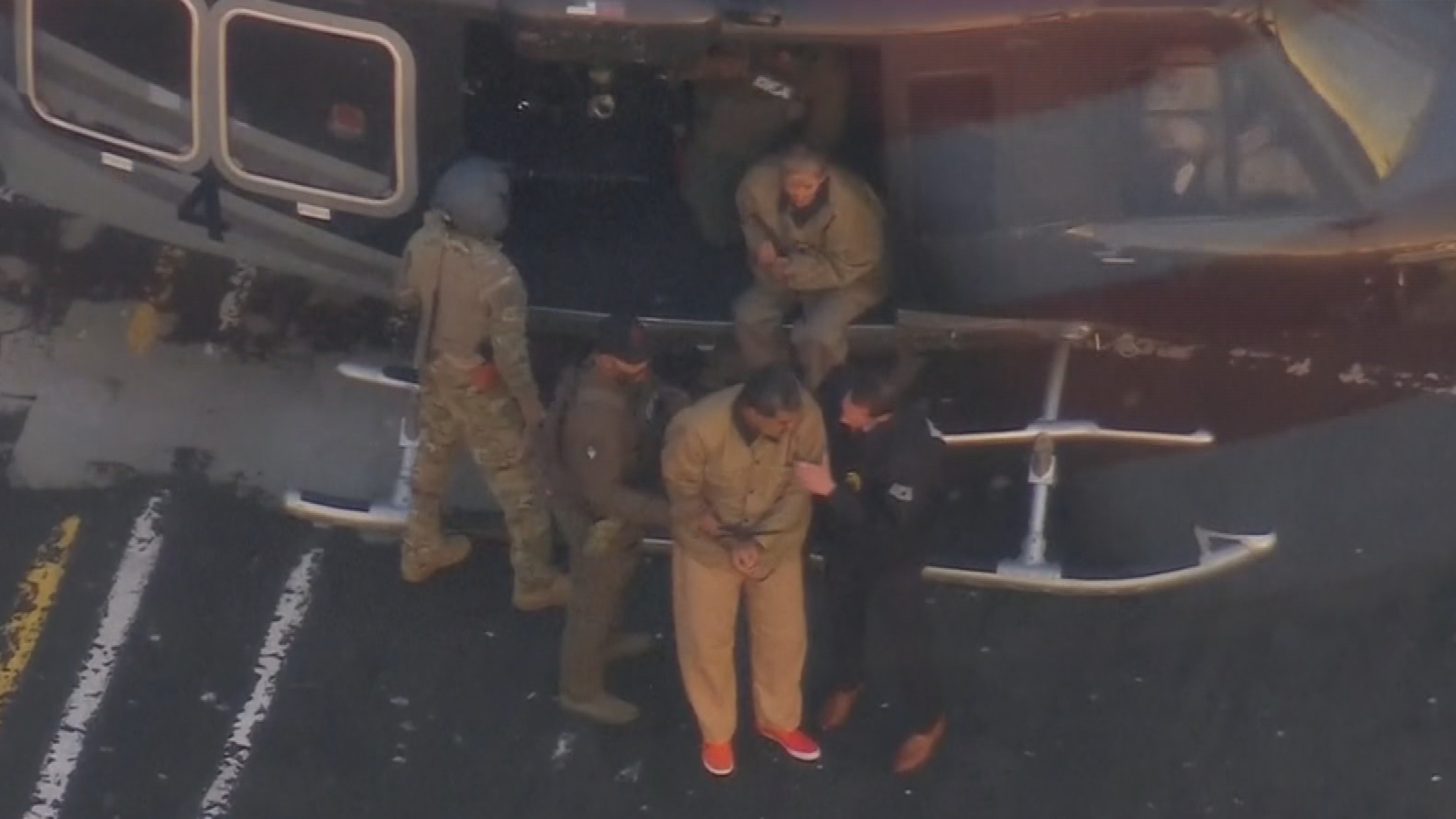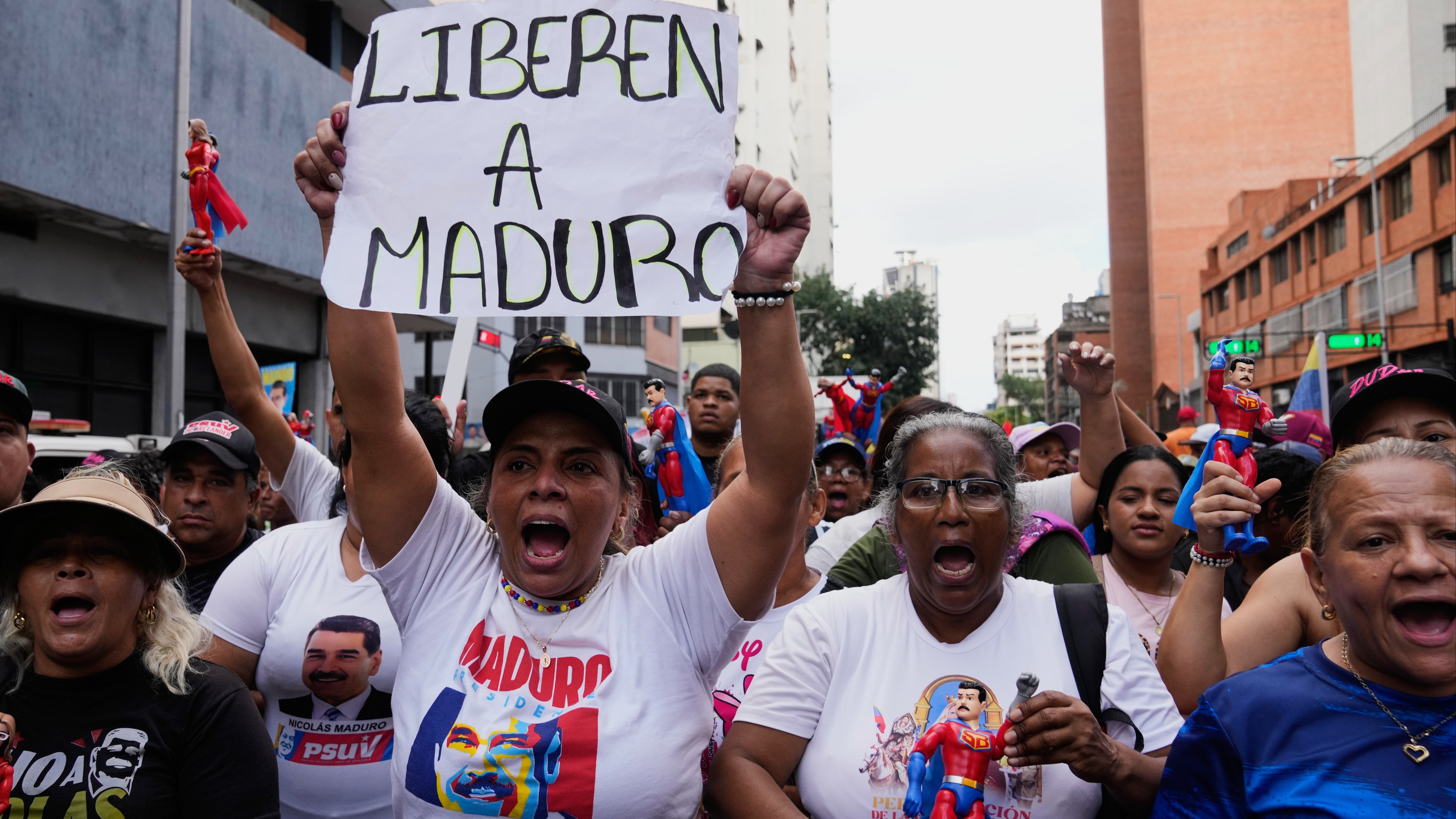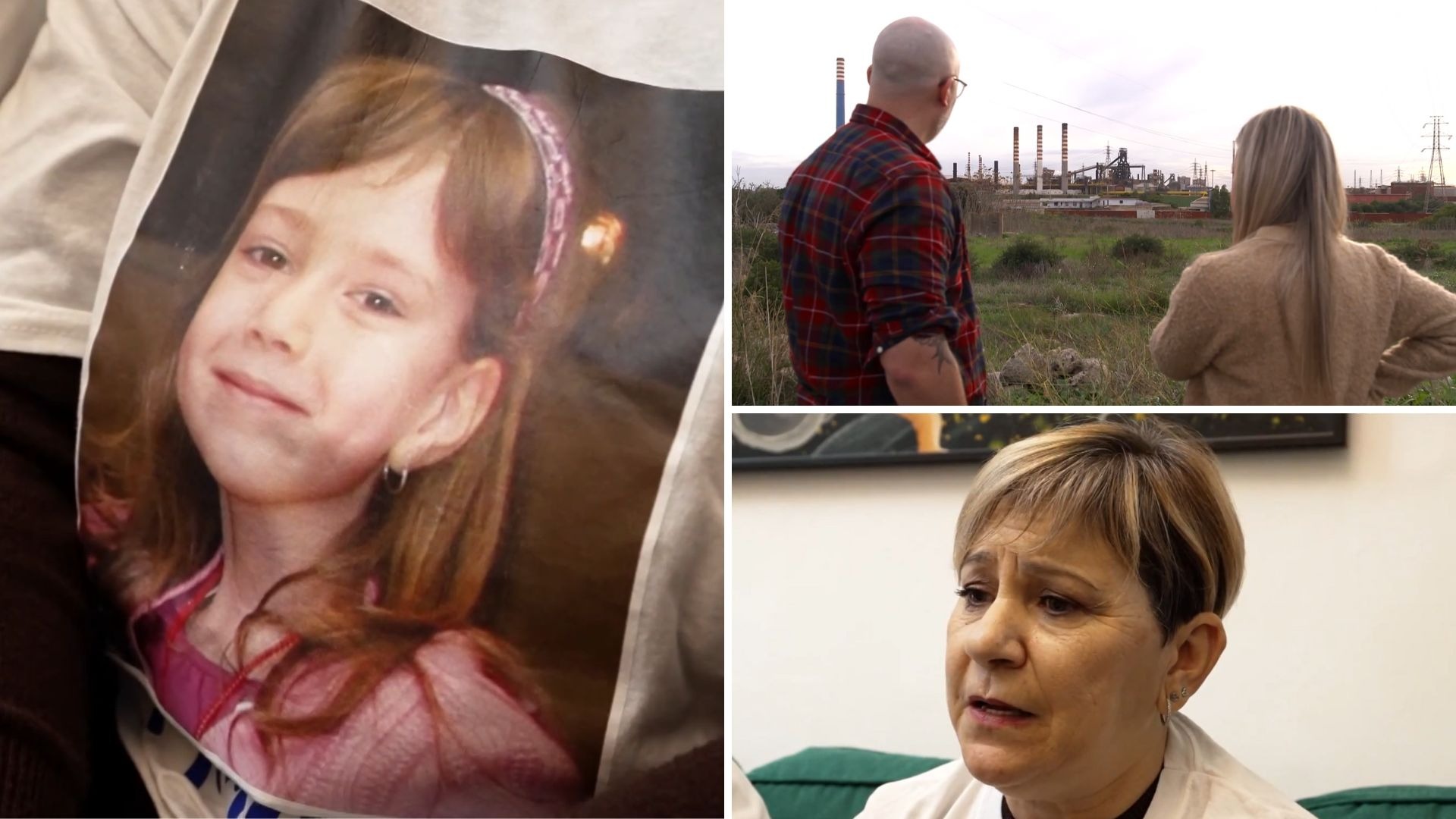At least 176 people have been killed after a passenger plane veered off the runway and burst into flames at a South Korean airport, in one of the deadliest aviation disasters in the country’s history.
The Jeju Air jet’s landing gear seemingly failed to deploy when it tried to land at Muan International Airport on Sunday morning, crashing into a concrete fence at around 9am local time (12am GMT).
Two crew members have been pulled out alive from the plane’s wreckage, according to the country’s National Fire Agency. Health officials said they are conscious and not in life-threatening condition.
The bodies of 84 women and 82 men, and 11 others whose genders weren’t clear, have been recovered so far, it added.
Emergency officials in Muan said the landing gear is thought to have malfunctioned.
The Boeing 737-800 was carrying 181 people from Bangkok in Thailand to Muan, a city around 290 kilometres (180 miles) south of Seoul.
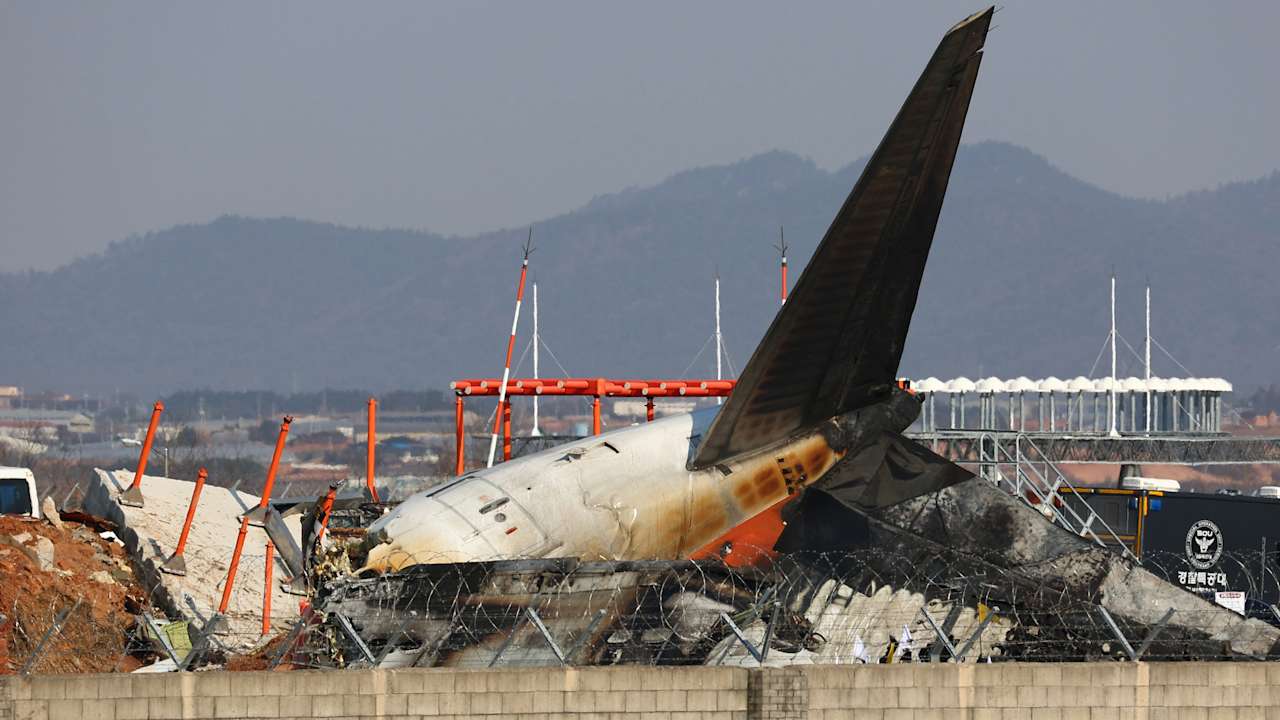
Kerati Kijmanawat, the director of the Airports of Thailand, confirmed in a statement that Jeju Air flight 7C 2216 departed from Suvarnabhumi Airport with no reports of abnormal conditions in the airspace or on the runway.
Footage of the crash shows the plane skidding across the runway with its landing gear seemingly still closed, before colliding with a concrete wall. Thick, black smoke billowed from the wreckage, which was engulfed in flames.
The majority of those on board were South Korean, alongside two Thai nationals.
UK Foreign Secretary David Lammy posted on social media platform X to offer condolences to the victims’ families.
“Deeply saddened by news of the plane crash overnight in South Korea,” he wrote.
“My heartfelt condolences go out to the people of South Korea and Thailand, and all those that have lost loved ones.”
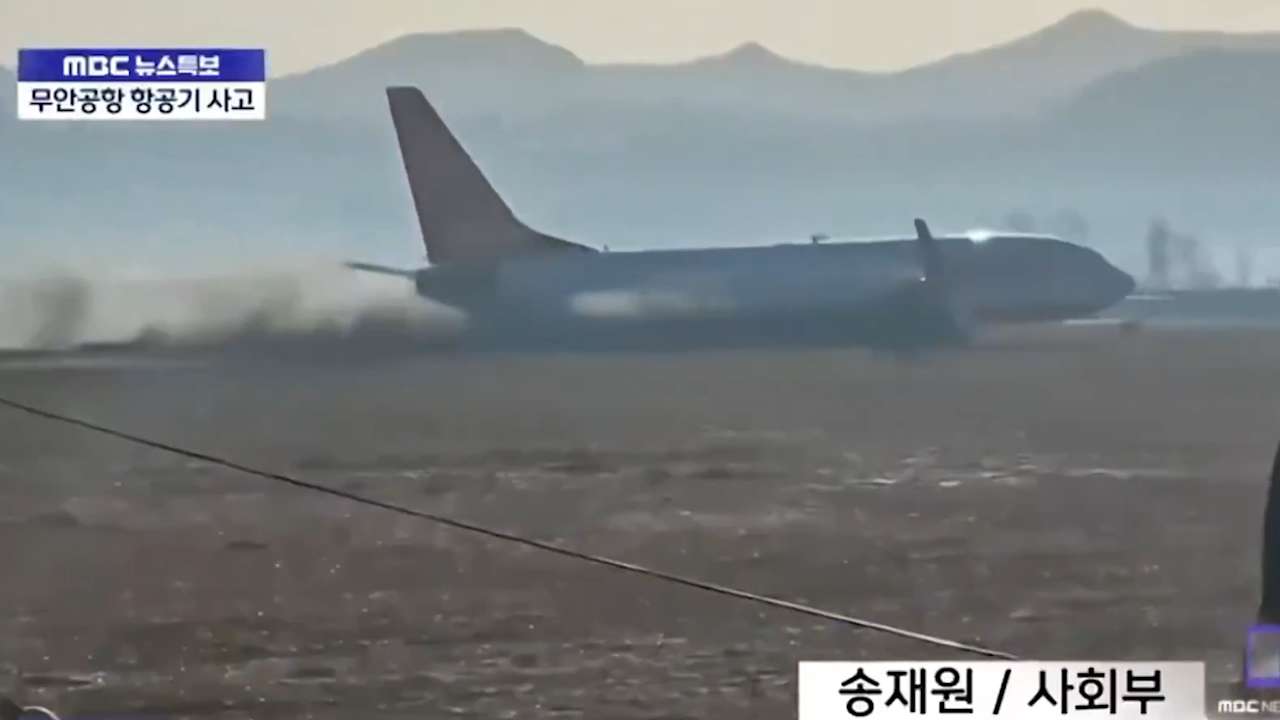
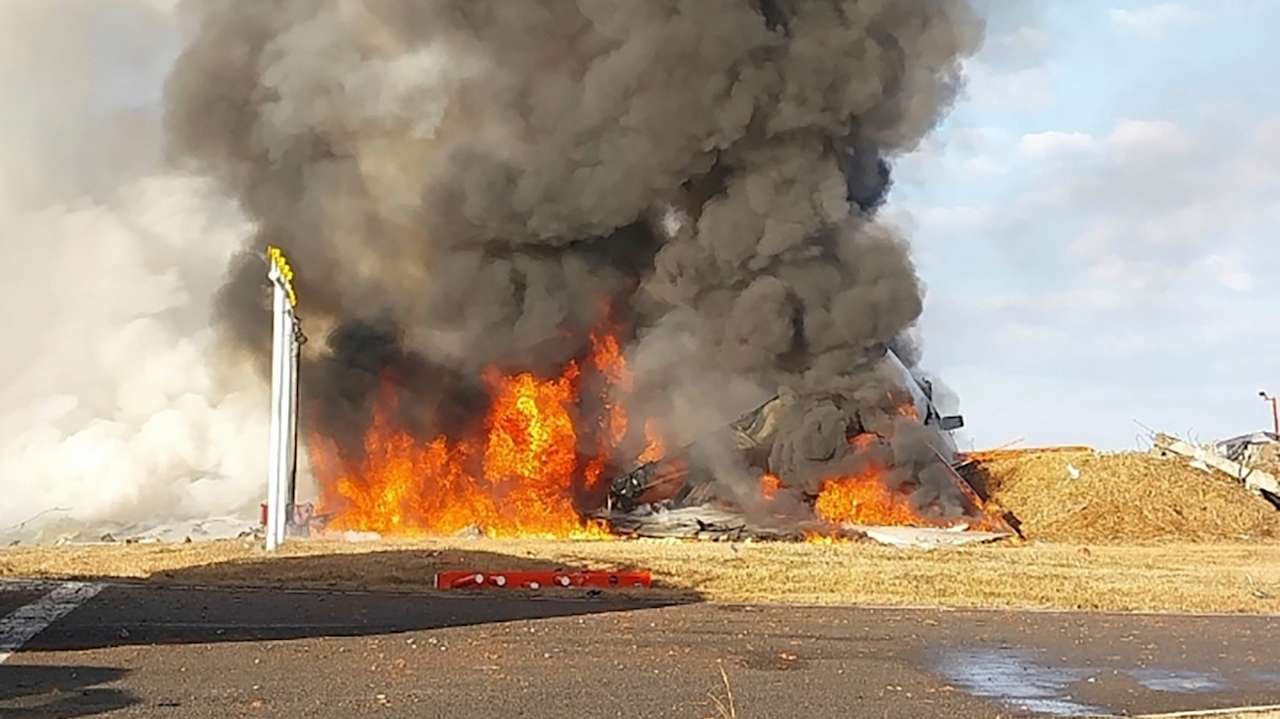
Lee Jeong-hyeon, chief of the Muan fire station, told a televised briefing the plane was completely destroyed by the impact, with only the tail still recognisable.
South Korea’s Senior Transport Ministry official Joo Jong-wan said the plane’s black box had been retrieved, but workers are still looking for the cockpit voice recording device.
The fire agency deployed 32 fire trucks and several helicopters to contain the fire. About 1,560 firefighters, police officers, soldiers and other officials were also sent to the site, it said.
A bird strike leading to mechanical failure is being investigated as a possible cause of the crash, Lee added. Senior Transport Ministry official Joo Jong-wan told reporters that government investigators had arrived at the site.
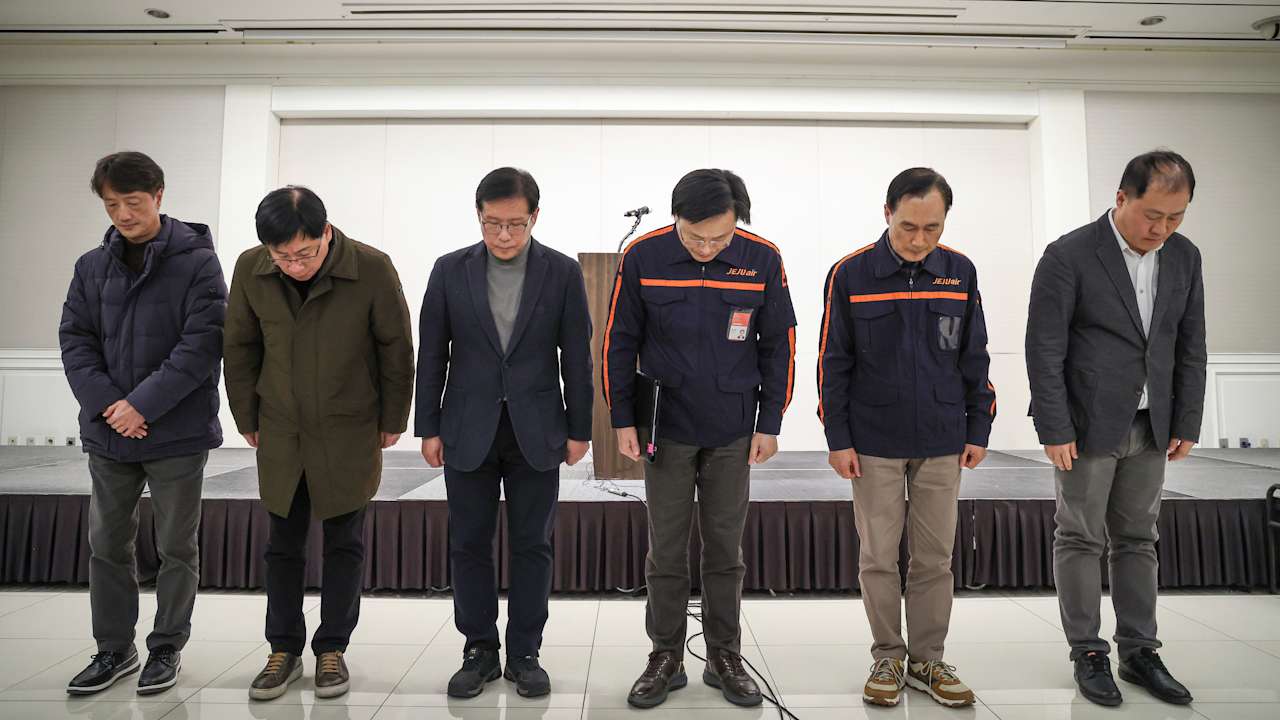
Thailand’s prime minister, Paetongtarn Shinawatra, expressed deep condolences to the families of two Thai nationals believed to be on board.
Jeju Air in a statement expressed its “deep apology” over the crash and said it will do its “utmost to manage the aftermath of the accident.”
In a televised news conference, Jeju Air’s president Kim E-bae bowed his head alongside other senior company officials as he apologised to bereaved families. He added he feels “full responsibility” for the incident.
Boeing said in a statement on X that it was in contact with Jeju Air and is ready to support the company in dealing with the crash.
“We extend our deepest condolences to the families who lost loved ones, and our thoughts remain with the passengers and crew,” Boeing said.
The last time South Korea suffered a large-scale air disaster was in 1997, when a Korean Airline plane crashed in Guam, killing 228 people on board.
Follow STV News on WhatsApp
Scan the QR code on your mobile device for all the latest news from around the country


